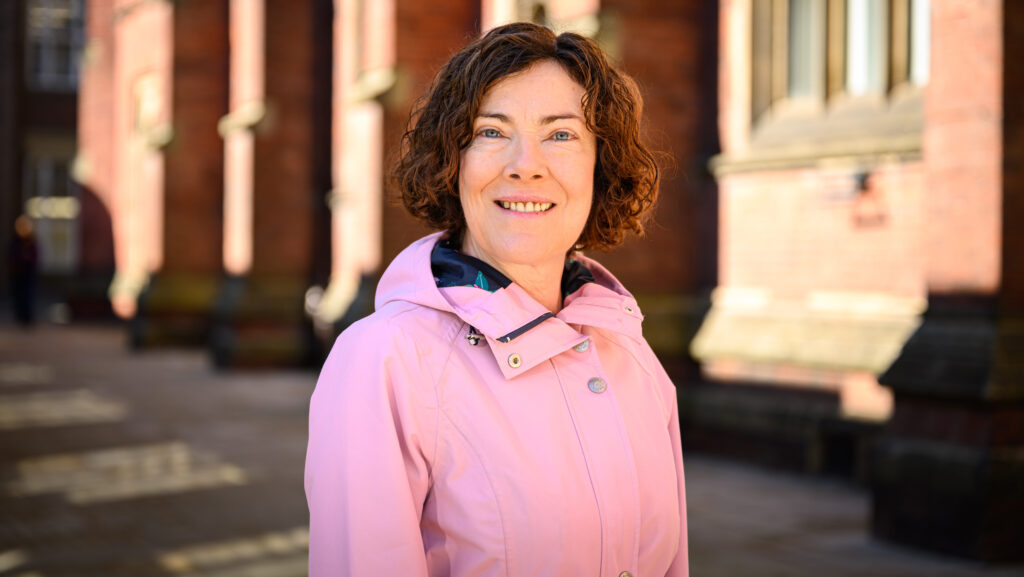Game Changers: Sally Shortall, the rural researcher
 © Richard Lee Phogotraphy
© Richard Lee Phogotraphy At a glance
- Changing attitudes towards women and equality in farming
- Research work highlighting contribution of women in farming
- Key to successful Women in Agriculture group in Scotland
- Highlighting the importance of women in shaping agricultural practice
Rural researcher Prof Sally Shortall is changing the way women in farming are perceived – highlighting their often-overlooked yet critical importance to agriculture.
Her work on farming families – including how their values and decisions shape agricultural businesses – has won international recognition. It has influenced government policy and helped to empower women in agriculture.
A respected academic – she is the Duke of Northumberland professor of rural economy at Newcastle University – Sally maintains a keen interest in farming families and what makes them tick.
But she never set out to be a researcher.
Born into an Irish farming family, she grew up as the only girl in a family of six brothers.
Her father died when she was nine, leaving her mother to run the farm. Doing so without a husband while bringing up children was unusual in 1970s Ireland, she says.
What is a Game Changer?
This unique category – created to mark the 20th anniversary of the Farmers Weekly Awards – recognises individuals who have driven innovation that has had a positive impact on food and farming in the past 20 years.
Nominees might be professionals, academics, scientists, researchers, environmentalists, or anyone else making significant contributions to the agricultural industry.
Read more about the Game Changers Award.
Where’s the boss?
“When people would come to the farm and my mother would answer the door, they’d ask her: ‘Is the boss home?’ I remember thinking: ‘But she is the boss – why do people keep asking her this?’”
The quest for an answer has shaped Sally’s career. Yet at school she was told she should become a social worker.
Studying social science at university sparked what has become a lifelong interest in sociology – and she decided to pursue a Masters degree.
Her chosen topic was the role of women in farming families. It was, she says, a choice informed by her childhood experience.
Failing to recognise the potential of women is selling farming short – as well as women themselves, she says. “It’s like leaving half your team on the bench, and that matters because all the evidence suggests that diverse industries are more productive.”
Breaking barriers
As the lead author of a study commissioned by the Scottish government in 2017, she wrote that the single biggest barrier faced by women wanting a career in agriculture was the cultural practice of passing on large farms intact to one son.
That report led to the creation of the Women in Agriculture Taskforce, set up by Scotland’s then first minister, Nicola Sturgeon, to start breaking down the barriers faced by Scottish women and inspire them to reach their farming potential.
There is a long way to go. But progress is being made. Women coming new into the industry are often more cutting edge because they have had to overcome so many barriers.
They are frequently more entrepreneurial, too, with the impetus to set up new farm businesses.
Ambitious women given the opportunity to realise their potential are benefiting the entire industry – as well as farming families. It is a great example of social science having an impact, says Sally.
A word from our sponsor 
Lightsource bp is an international solar business.
Our long-running relationship with farmers and the UK farming industry, and our commitment to bolstering the rural economy is why Game Changers is such a good fit for our business – we’re proud to be sponsoring an award celebrating the pioneers of the sector.

